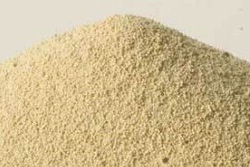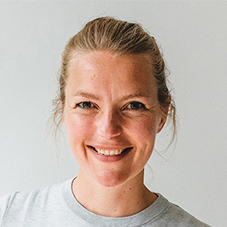“Enough GMO-free soy available”

GMO-free soy from Brazil for the European animal feed industry is available both in sufficient tonnage and quality, according to the ProTerra Foundation, ABRANGE and VLOG.
With this statement the three organisations from the Netherlands, Germany and Brazil collectively refute the press statements of the German Poultry Association (ZDG). Last week, ZDG acknowledged the exit from using non-genetically modified soybean meal in feed by the PHW Group (Wiesenhof), by the Rothkötter Group (Emsland Frischgeflügel) and by other German poultry fatteners based upon the shrinking supply of GMO-free material from Brazil. A few days later, the German Egg Association (BDE) announced the exit from non-GMO feed by some of the egg producers.
According to agricultural analysts from Brazil, the availability of GMO-free soybeans is increasing rapidly, as Ricardo Tatesuzi de Sousa, Managing Director of ABRANGE, the Brazilian Association of Non-GMO Grain Producers explains: “Compared to the previous season, this season the Brazilian farmers produced 10% more non-GM soy. Forecasts for the biggest soy-producing state, Mato Grosso, predict even an increase of 50% more over 2013”.
The volume and quality of GMO-free soybean seeds are increasing each year through the successful work of the Soja Livre Program. For the export of the 2014 crop, more and more container shipment will be implemented from March onwards. This means the significant logistical bottlenecks experienced in the Brazilian bulk terminals are bypassed. Exporters are finding that Non-GMO soybeans and soybean meal can be transported to Europe faster in this way – and at a reduced contamination risk by GMO soy.
“It is sheer irony that the ZDG should make such an announcement when many sector initiatives in GMO-free Brazilian soybean production in Brazil are bearing fruit,” says Augusto Freire, President of the ProTerra Foundation.













